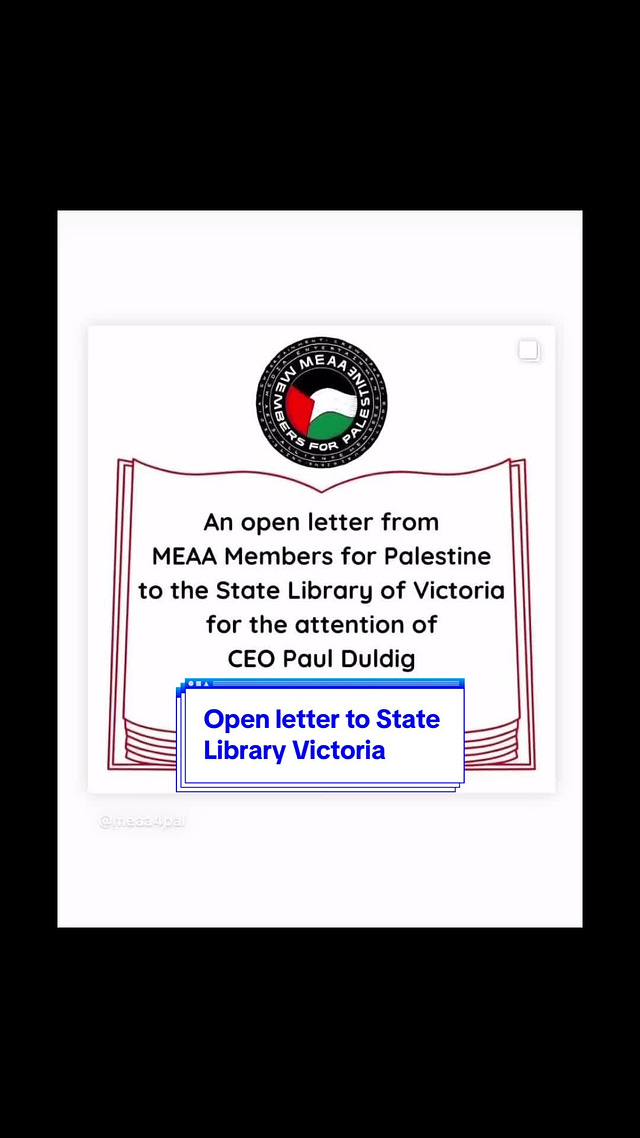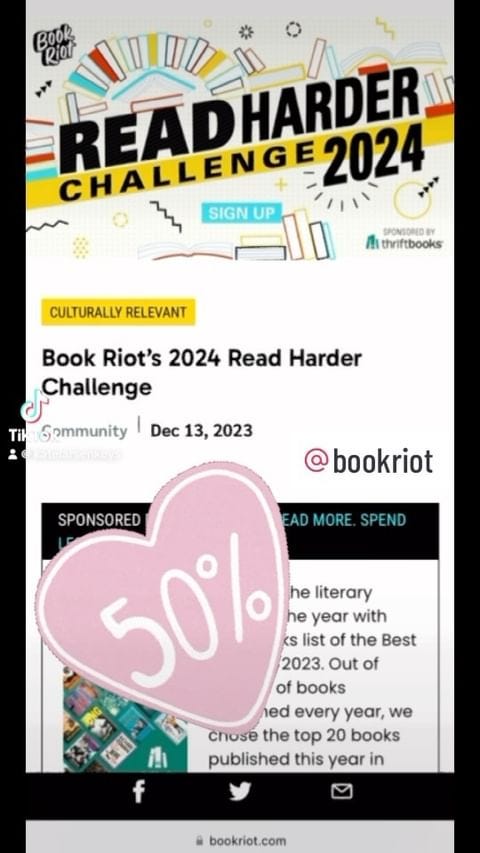In memoriam | Weaponising cultural safety | Back in The Garret
Plus... tips for building your author brand and an update on reading harder
In memoriam
Last month, we lost our beloved colleague, partner, mother, daughter and friend, Kate Callingham. Kate was widely respected as a leader in arts and cultural life in Naarm/Melbourne and loved for her clear moral compass, adventurous spirit and formidable, level-headed, good sense. My heart is with all those lucky enough to know and love her - as I did. You can add your remembrances or contribute to her memorial fund on the Remembering Kate website.
For me, this impossible loss has echoed that of our friend and colleague Stella Young, who left us just as suddenly ten years ago this December. Applications for the award for disabled artists established in Stella’s name are open until June 4th via the Arts Access Victoria website.
This personal grief has only heightened the horror of what our tax dollars are currently enabling in Palestine, and the escalating ripples that’s causing closer to home. Go gently through this awfulness, friends. But please, don’t go quietly.
When bludgeoned, helpless and overwhelmed, we can find strength in community and solace in advocacy. We can keep talking, posting, writing, calling, marching, boycotting and donating. We can keep calling on the Australian Government to do everything in its power to stop what the highest international legal authority has deemed genocidal activities, impose sanctions on the Israeli Government and all those involved in illegal Israeli settlements, stop allocating Australian tax dollars to Israeli weapons companies (including those that have now killed an Australian citizen), stop sending Australian troops into an asymmetrical conflict for which they may be tried for war crimes, insist upon an immediate and permanent ceasefire and unfettered access to significant humanitarian aid, and protect Australians’ right to safe and peaceful protest.
On cultural (un)safety
Arts boards and organisations, this is a plea I never thought I’d need: stop using cultural safety as an excuse to make your programs, spaces and business practices less culturally safe.
My latest 'and another thing' vlog series is made up of three short extracts from a longer rant to my Patreon followers on how the language of cultural safety is currently being weaponised to exacerbate our sector's lack of accessibility, equitability and representation. You can check them out on my website or as part of a collation of all my resources on Palestine as a governance issue on The Commons Social Change Library.
I also recommend you read Dr Ruth De Souza’s chapter on going beyond inclusion when it comes to cultural safety and Esther Anatolitis' chapter on the role of the institution in The Relationship is the Project.
Or, for a working example of what this looks like in real time, here’s the open letter from MEAA Members for Palestine to the State Library of Victoria earlier this month:
This is bigger than risk management and clumsy crisis communications. As Stuart Kells observed in The Conversation: "Across Australia, state library legislation* is not up-to-date with the current mix of library functions, or the current library context. More fundamentally, the standard board-CEO governance model is increasingly ill-fitting. This is not just about the need for more diverse representation on boards and in management. It’s also about the wholesale adoption of new engagement methods, new modes of planning, and new ways of making and communicating decisions. As public institutions, libraries have a responsibility to be transparent about their decision-making."
*Many of Kells’ provocations on how libraries are governed can be applied to the rest of the for-purpose sector too. Which is why I’m thrilled my governance manuscript was shortlisted for the 2024 Scribe Fellowship with Varuna National Writers’ House, as part of a growing interest in rethinking arts, cultural and non-profit boards. You can find more governance provocations on my website.
Why the relationship is the project (podcast)
“Writers have a right to life and livelihood. Their stories - like our stories, like anybody's stories - are important and deserve to be safely told. If we, as writers, as publishers and literary workers, want those rights for ourselves, we have an obligation as individuals and as literary gatekeepers and organisations to insist upon those rights for others too.”
I’m back in The Garret this month talking about community-engaged practice, duty of care, our monocultural literary sector, the politics of publishing, arts orgs in crisis, and why the relationship is the project. Check it out on The Garret website or wherever you get your podcasts.
Building your author brand
No matter where you are in your publishing journey, it’s more important than ever for writers to think about their profile, reach and brand.
However, building your author profile is a marathon, not a sprint. So, in the lead-up to next month’s Writers SA workshop, I’ve put together some top tips for getting started.
Read Harder update
I am already halfway through BookRiot’s 2024 Read Harder Challenge, which invites readers to explore formats, genres and perspectives that go beyond their reading comfort zones and diversifies their TBRs.
I’m keeping track of my progress on Storygraph, which so far includes (with highlights marked in *bold*):
1 (a cozy fantasy book): The Secret Service of Tea and Treason by India Holton
2 (a YA book by a trans author): Hell Followed with Us by Andrew Joseph White
3 (a middle grade horror novel): City of Ghosts by V.E. Schwab
4 (a history book by a BIPOC author): *The Best We Could Do by Thi Bui*
6 (a middle grade book with an LGBTQIA main character): Ivy Aberdeen's Letter to the World by Ashley Herring Blake
7 (an indie published collection of poetry by a BIPOC or queer author): *Besiege Me by Nicholas Wong*
8 (a book in translation from a country you’ve never visited): I Want to Die but I Want to Eat Tteokbokki by Baek Se-hee, translated by Anton Hur
10 (a historical fiction book by an Indigenous author): *The White Girl by Tony Birch*
11 (a picture book published in the last five years): *Noongar Boodja Waangkan: Noongar First Words by Jayden Boundry and Tyrown Waigana*
12 (a genre book (SFF, horror, mystery, romance) by a disabled author): Midnight Ruin by Katee Robert
14 (a book by an author with an upcoming event (virtual or in person) and then attend the event): *Greater City Shadows by Laurie Steed*
19 (a romance with neurodivergent characters): Highly Suspicious and Unfairly Cute by Talia Hibbert
Who else is trying to #ReadHarder this year?





